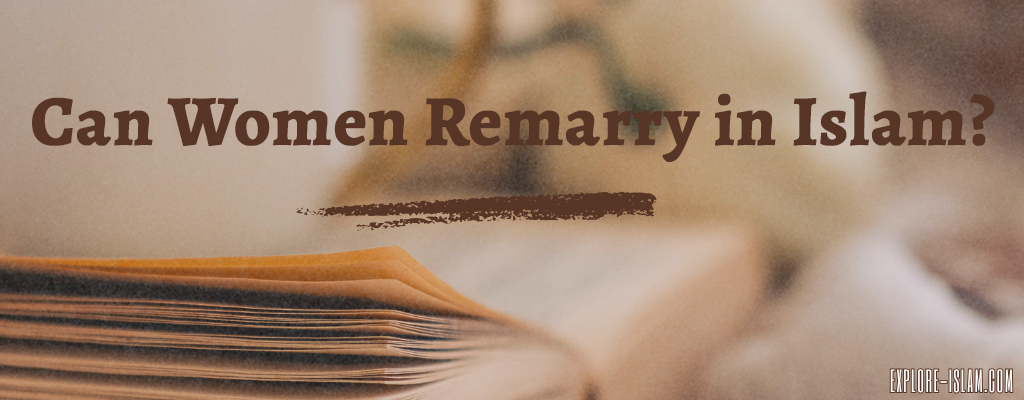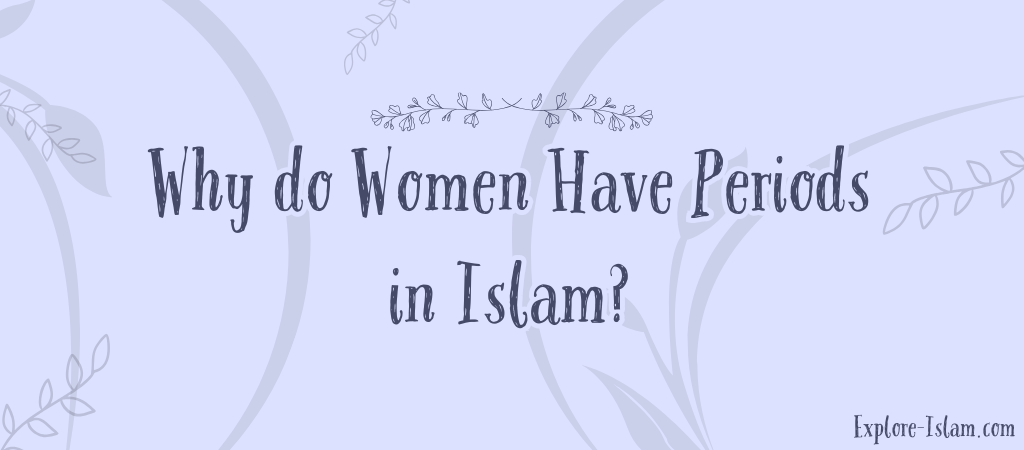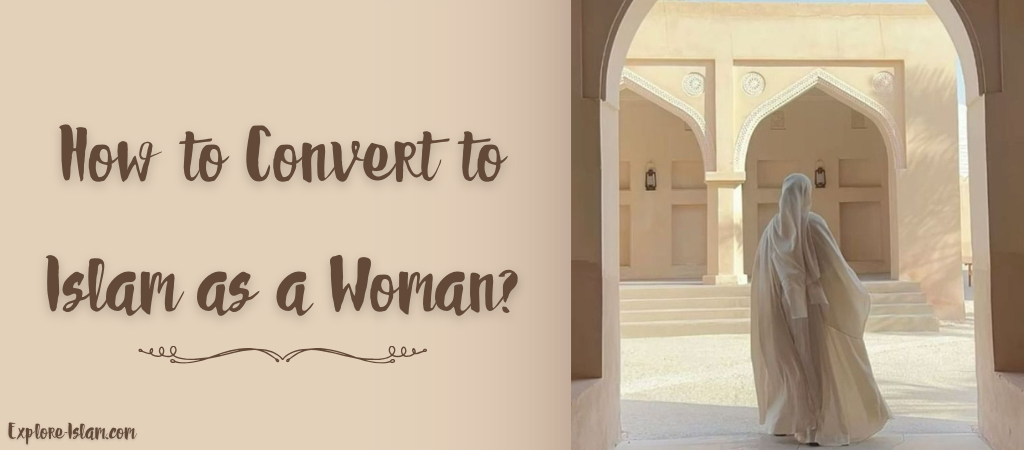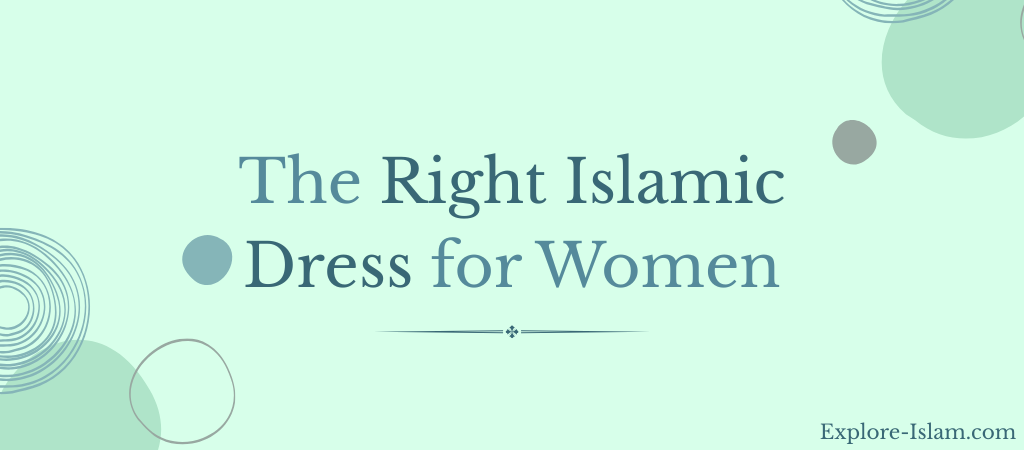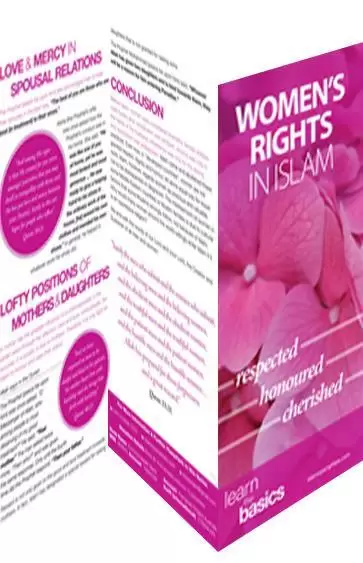Yes, women can remarry in Islam.
Marriage is a sacred contract in Islam, but life circumstances can lead to the end of a marriage, and Islam provides clear guidelines for both men and women who wish to remarry after divorce.
We are going to focus on the Islamic perspective on the remarriage of women after divorce or the death of a husband.
Can Divorced Women Remarry in Islam?
Yes, Islam permits divorced women to remarry after the completion of their ‘Iddah period (We will explain what is ‘Iddah).
In fact, preventing a divorced woman from remarrying is considered unjust and goes against the spirit of Islamic teachings.
The Quran clearly states:
“And when you divorce women and they have fulfilled their term, do not prevent them from remarrying their [former] husbands if they agree among themselves on an acceptable basis. That is instructed to whoever of you believes in Allah and the Last Day. That is better for you and purer, and Allah knows and you know not.”
Can a Divorced Woman Remarry Her Ex-Husband in Islam?
Yes, as we see in the abovementioned verse, once the ‘iddah (waiting period) is completed, a divorced woman has the full right to remarry, even her ex-husband if they mutually agree.
However, there are specific conditions that must be met, depending on the type of divorce:
- Revocable Divorce (ṭalāq rajʿi): If the husband has pronounced one or two divorces (talaq), he can revoke the divorce at any time during the waiting period (‘iddah) which lasts three full menstrual cycles. Resumption of sexual relations automatically retracts the repudiation. The husband reserves the right to take them back within that period if they desire reconciliation. If the husband doesn’t take back his wife during the ‘Iddah period after a revocable divorce, then they would need a new marriage contract to remarry.
- Irrevocable Divorce of Minor Degree (talaq-i-bain sughra): If the couple agrees, they can remarry with a new marriage contract after the ‘Iddah period.
- Irrevocable Divorce of Major Degree (talaq-i-bain kubra): This occurs when the husband pronounces three divorces. In this case, the couple cannot remarry unless the woman marries another man, consummates the marriage, and then gets divorced or widowed.
This ruling is in the following Quranic verse:
“And if he has divorced her [for the third time], then she is not lawful to him afterward until [after] she marries a husband other than him. And if the latter husband divorces her [or dies], there is no blame upon the woman and her former husband for returning to each other if they think that they can keep [within] the limits of Allah. These are the limits of Allah, which He makes clear to a people who know.”
It is important to understand that this new marriage in Islam refers to a genuine marriage, not a pre-planned or contractual one to enable a woman to remarry her first husband. Sham marriages are forbidden in Islam.
Can Widow Women Remarry in Islam?
Yes, Islam permits widows to remarry after the completion of their ‘Iddah period. The ‘Iddah period for a widow is four months and ten days. This period allows for mourning and ensures that she is not pregnant.
The Quran states in Surah Al-Baqarah, verse 243:
“And those who are taken in death among you and leave wives behind – they, [the wives, shall] wait four months and ten [days]. And when they have fulfilled their term, then there is no blame upon you for what they do with themselves in an acceptable manner. And Allah is [fully] Acquainted with what you do.”
The concept of remarriage Islam is not only permissible but, in many cases, encouraged to ensure emotional and social stability.
The life of the Prophet Muhammad (peace and blessings be upon him) further solidifies the permissibility and even encouragement of remarriage for women. Many of his wives were widows or divorcees.
What is the ‘Iddah for Women Who Want to Remarry in Islam?
In simple terms, ‘iddah is a prescribed waiting period that a Muslim woman must observe after the dissolution of her marriage, either through divorce or the death of her husband. Think of it as a period of transition and legal observation. The word ‘iddah comes from the Arabic root word meaning “to count,” which reflects its nature as a specific timeframe that must be observed.
Duration of ‘Iddah for Women Who Want Remarriage in Islam
The length of the ‘iddah varies depending on the circumstances:
- ‘Iddah for Divorce in Islam:
- If the woman is pregnant, the ‘iddah lasts until she gives birth.
- If the woman is not pregnant and menstruates, the ‘iddah is typically three menstrual cycles.
- If the woman does not menstruate (due to age or other reasons), the ‘iddah is three lunar months.
- ‘Iddah for Widowhood in Islam: The ‘iddah for a widow is four lunar months and ten days, regardless of whether she is pregnant or not, unless she gives birth before this period ends in which case the ‘iddah ends when she gives birth.
That’s Brings Us to the Conclusion That…
Islam’s stance on women’s remarriage is a testament to its commitment to justice and compassion. It’s a religion that recognizes the full humanity of women, including their right to seek happiness and companionship, regardless of their past marital status.
For a deeper understanding of women’s rights and related issues within Islam, seek knowledge from authentic Islamic sources and qualified scholars.
Continue this journey of discovery with us, and explore insightful articles on various aspects of Islam on our blog.

